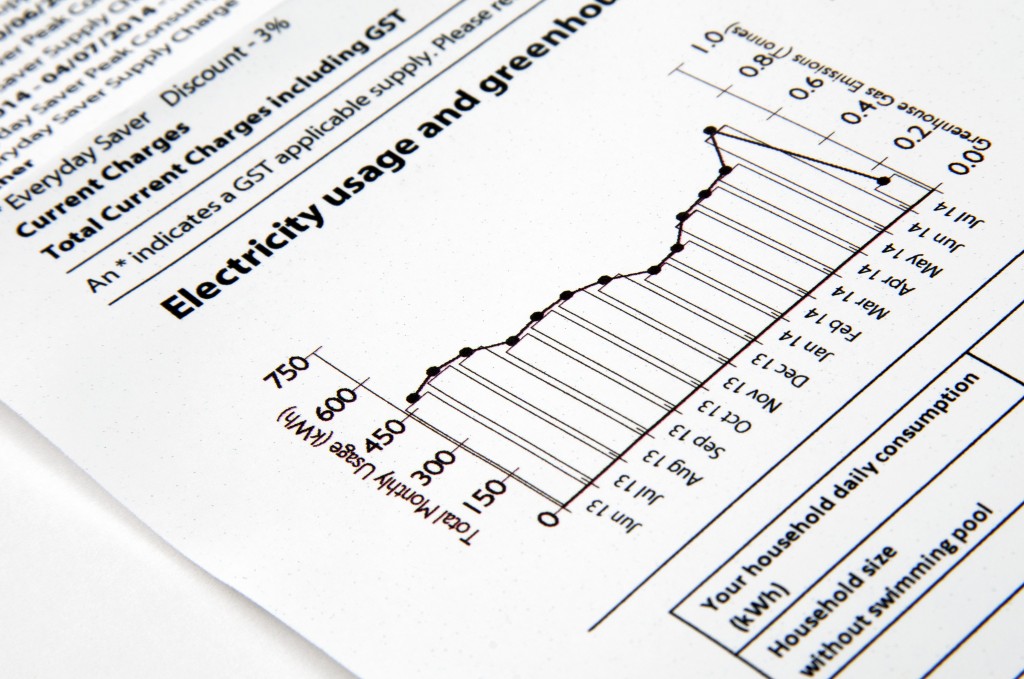The majority of cleaning tasks require electricity, including doing laundry, vacuuming, and using the dishwasher. Using electricity-powered tools and appliances is often necessary to get the job done easily and in a short amount of time, so eliminating the use of electricity is out of the question. Nevertheless, there are plenty of ways you can use less energy and still keep your house clean.
If you want to cut down your electric bill, reduce your carbon footprint, and keep your house clean all at the same time, take note of the following tips:
Hire a professional pressure washer
A pressure washer uses a lot of electricity and water to clean dirty surfaces. If you can’t get the job done in a relatively short amount of time, it might be better to hire a pressure washing service company to do it for you. Aside from having someone else do the job efficiently, you can cut down the waste of water and energy when you attempt to do it yourself.
Wash dishes by hand
Running a dishwasher uses about 1.5 kWh for every load, which translates to roughly around $0.17 in energy costs, excluding the cost of water. That said, reducing your use of the dishwasher will save money and reduce your household’s carbon emissions at the same time. Try to wash dishes by hand as much as possible. Similarly, avoid running the dishwasher if it’s not fully loaded.
Clean your air ducts and vents
Dust and debris accumulate in your house’s air passages over time. These materials reduce the air quality in your house, which can cause respiratory illnesses and general discomfort. At the same time, it also increases your electricity bill, since your HVAC system will have to work harder to heat and cool your home as its efficiency is dampened by the debris.
Make it a habit to clean your air ducts and vents regularly. Aside from improving your home’s indoor air quality and reducing your energy usage, it will also help your HVAC system last longer.
Wash clothes in cold water
Washing clothes in cold water can significantly cut down your energy costs since 90% of the electricity used for each cycle is for heating up water. Apart from that, washing clothes in cold water can also help them last longer as opposed to washing in hot water, which tends to cause more wear and tear on clothing materials.
Use a clothesline
Whenever possible, hang your clothes outside instead of using the dryer. A dryer is one of the most energy-hungry appliances in the home. Hence, you’ll be saving a lot of money and energy if you hang your clothes to dry instead.
Consider taking out the carpets

Carpets are difficult to maintain. They need regular vacuuming and shampooing to retain their optimal appearance, which means a lot of resources are being used to keep your carpets looking and smelling nice.
Consider removing your carpets to eliminate the need for vacuuming and shampooing. If you have wooden floorboards underneath, they are much easier to maintain and require fewer resources to keep clean.
Skip the iron
Iron only what you need to iron, such as work clothes, dress shirts, and formal attire. For other clothes, skip the ironing and just flatten them out by hand.
Clean the refrigerator coils
Get behind your refrigerator and clean its coils at least twice a year. Doing this will help make your fridge run more efficiently, which can translate to energy savings.
Make your house easy to clean
The less that you have to clean, the less electricity that you have to use for cleaning. A few examples of ways you can make your house easy to clean include reducing clutter, leaving shoes by the door, ditching heavy drapes, and wiping pets’ paws off before they enter the house.
Cleaning with sustainability in mind makes for a greener home. With these tips, you can not only save money on your electricity bill every month, but you’re also making a much-needed contribution to energy conservation for the environment.






